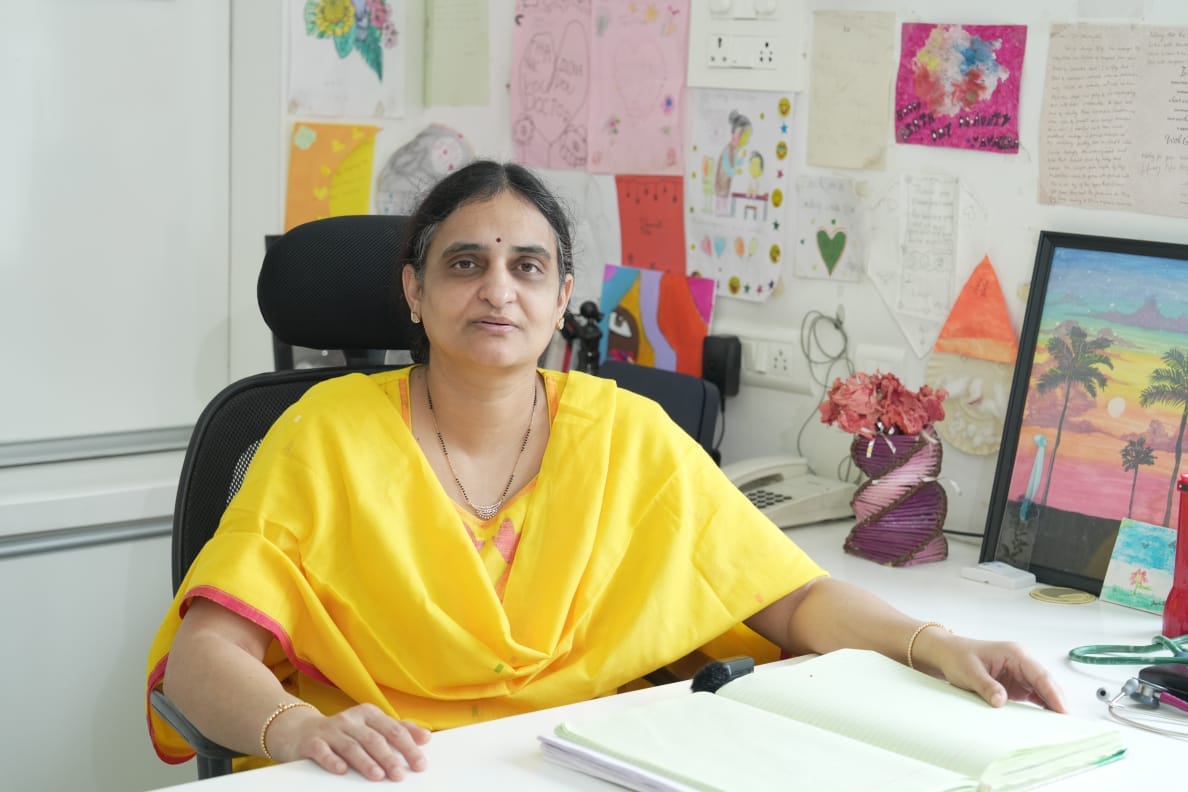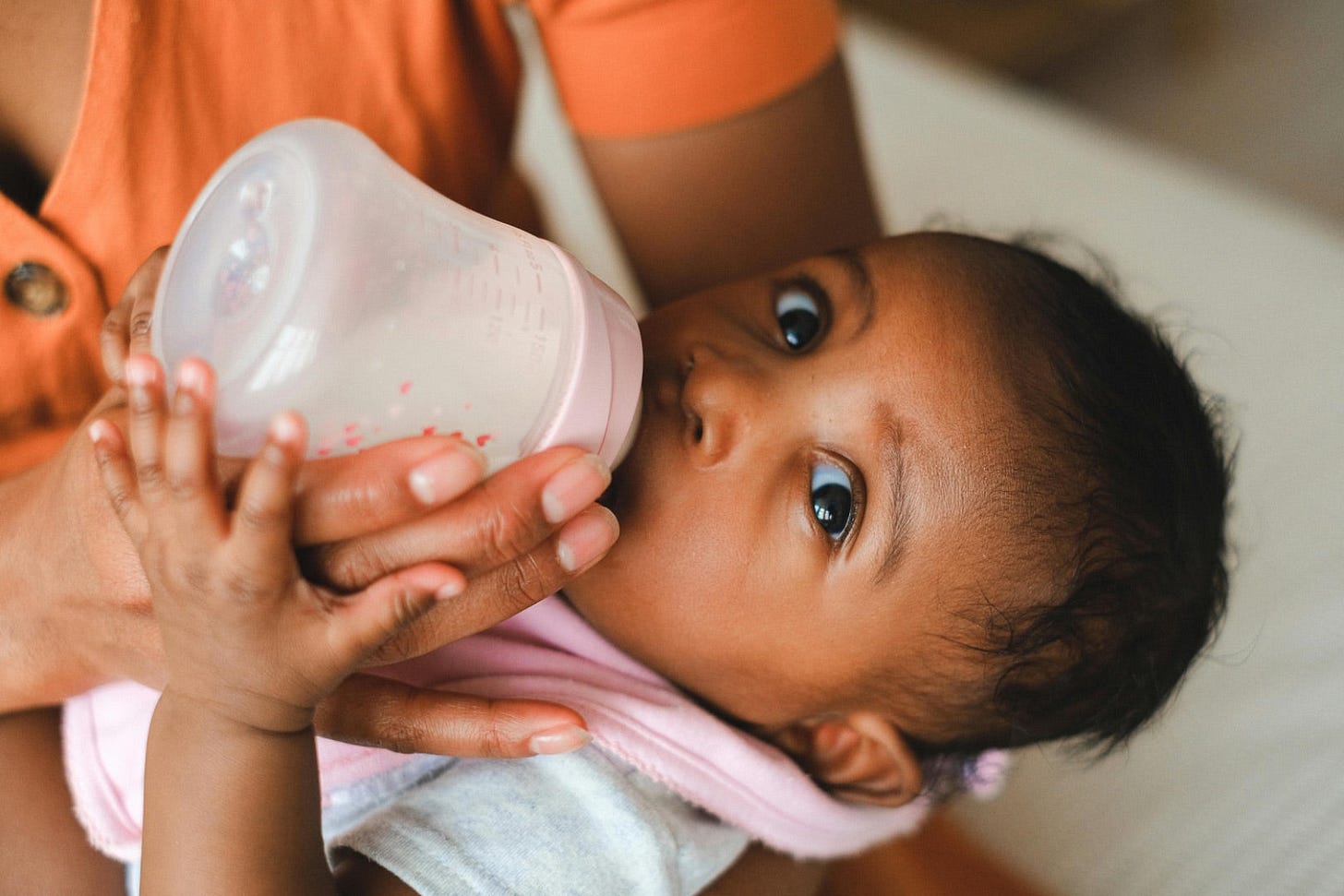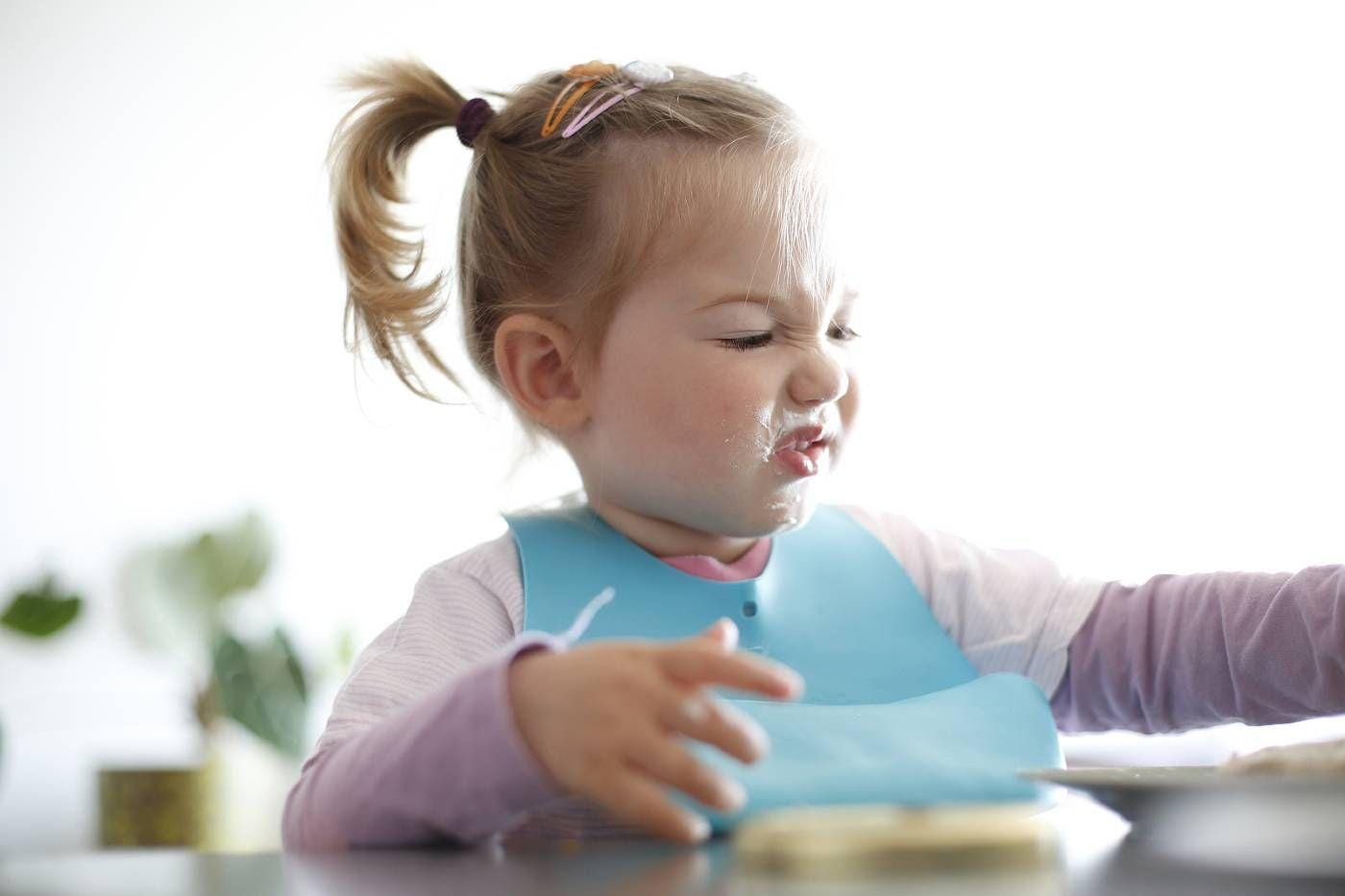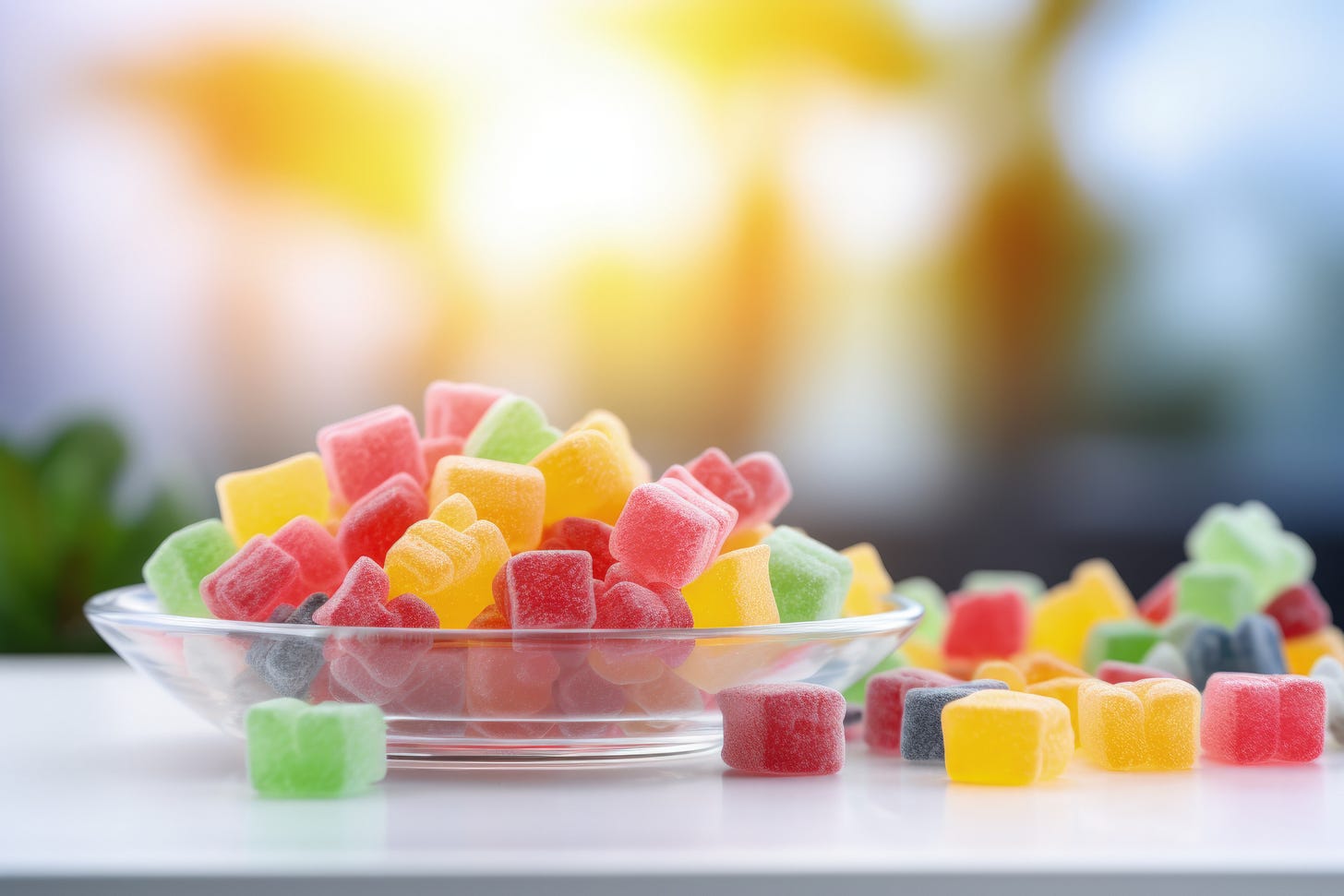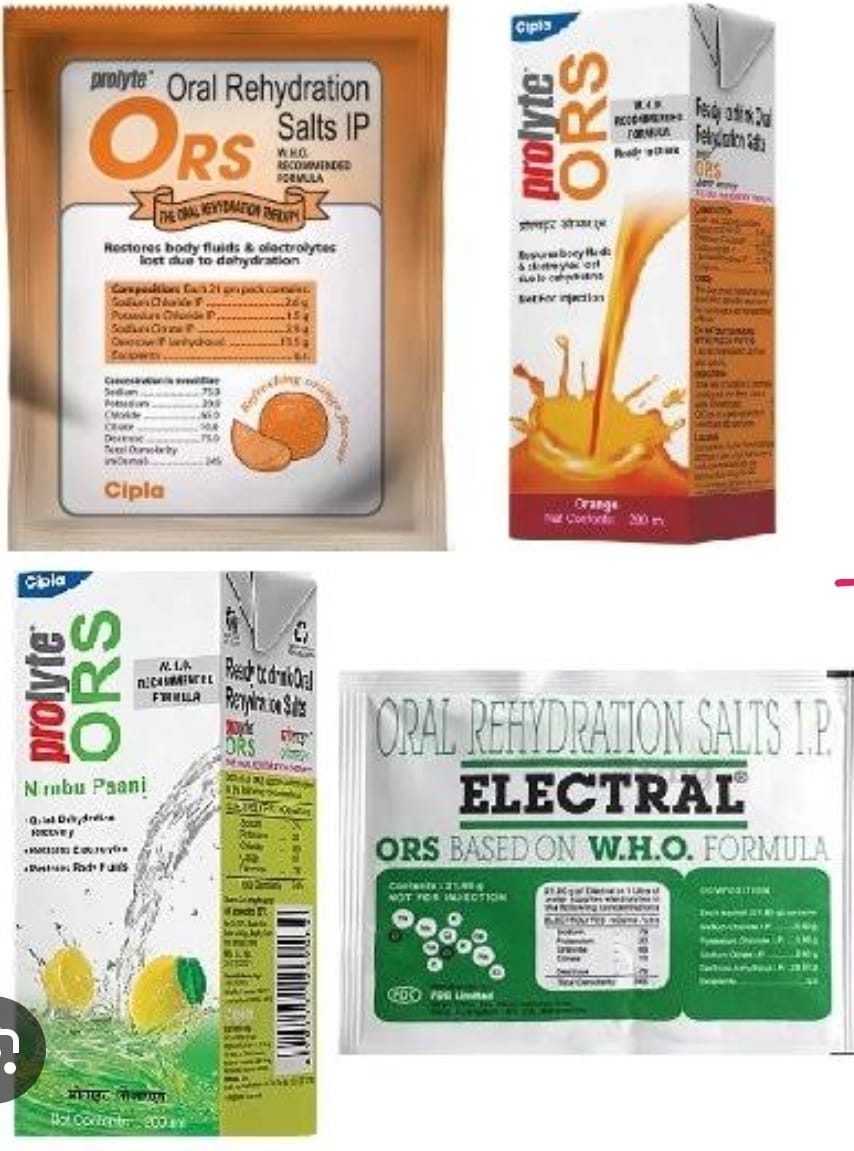Introduction
In this eye-opening episode of The Modern Indian Parent Podcast, host Sanchita Daswani sits down with Dr. Sivaranjani Santosh—an experienced pediatrician and fierce advocate against misleading parenting trends. Together, they decode the world of supplements for babies and children, bringing much-needed clarity to an often confusing topic. From iron and vitamin D to milk mixes and ORS, this episode is packed with practical advice and evidence-backed insights every parent should know.
57. Child supplements: What every parent needs to know! Ft. Dr Sivaranjani
In this enlightening episode of the Modern Indian Parent Podcast, host Sanchita Daswani welcomes Dr. Sivaranjani Santosh, a dedicated pediatrician on a mission to educate parents about child health and first aid. With a wealth of experience and a commitment to combating misinformation, Dr. Sivaranjani shares invaluable insights on the importance of supp…
Dr. Sivaranjani's Journey
Before diving into supplements, Dr. Sivaranjani shares her mission-driven journey into pediatrics. What began as a desire to counteract misinformation has blossomed into a social media movement that has empowered thousands of parents.
Dr. Sivaranjani shares:
Many parents are well-meaning but overwhelmed by misinformation.
She took to social media to deliver clear, trustworthy guidance.
Her focus remains on simple, science-backed advice, not trends.
Importance of Supplements for Babies
Not every baby needs a shelf full of supplements. According to Dr. Sivaranjani, supplementation is based on the baby’s birth weight, diet, and specific needs—not a one-size-fits-all approach.
Dr. Sivaranjani recommends:
Vitamin D is the only supplement required for healthy term babies.
Iron should be added at 4 months if the baby is exclusively breastfed.
Low birth weight or preterm babies need:
Iron from 2 weeks of age to 1 year.
Vitamin D until their first birthday.
Calcium and multivitamins until they reach 3 kg.
Do Formula-Fed Babies Need Vitamin D and Iron?
Formula contains both vitamin D and iron, but supplementation still depends on the child’s diet and exposure to sunlight.
Key takeaways:
Iron is usually not needed if the baby is predominantly formula-fed.
Vitamin D supplementation varies:
Indian guidelines recommend it even for formula-fed babies.
American Academy of Pediatrics suggests supplementing if the baby consumes less than 30 oz of formula per day.
Realistically, due to limited sun exposure and air pollution, many Indian children struggle to synthesize enough vitamin D naturally—even if they’re outdoors.
Dr. Sivaranjani suggests:
Don’t assume your child’s needs are met just because they’re on formula. Discuss your baby’s overall intake, sun exposure, and diet with your pediatrician to decide whether supplements are needed.
The One Supplement Every Child Needs
Dr. Sivaranjani emphasizes that Vitamin D is essential—not optional—for most children, especially in urban environments. Despite living in a sunny country like India, factors like air pollution, indoor lifestyles, and limited outdoor playtime severely impact our ability to naturally absorb this vital nutrient.
☀️ Why Vitamin D Is Crucial:
Bone health: It helps the body absorb calcium, building strong bones and teeth.
Immunity: Plays a key role in keeping infections at bay.
Sleep & mood regulation: Linked to better sleep patterns and emotional well-being.
Skin, hair & eye health: Supports overall development.
⚠️ A Word of Caution:
Dr. Sivaranjani warns against giving high-dose vitamin D (like the popular 60,000 IU sachets) without a blood test:
Too much vitamin D can be toxic.
Over-supplementation may lead to neurological and cardiac issues.
👩⚕️ Her Advice:
Babies under 1 year: 400 IU/day
Toddlers & kids: 600 IU/day
Only increase dosage if a deficiency is confirmed via blood test
Does Your Child Need Iron Supplements?
Iron deficiency is common among toddlers and adolescents, and it can affect everything from mood to appetite.
Watch for signs of iron deficiency:
Pale skin
Irritability and tantrums
Hair thinning or brittleness
Craving non-food items like chalk or mud
Low appetite
Dr. Sivaranjani recommends:
Testing hemoglobin and iron profile before supplementing.
Using vitamin C-rich foods to enhance iron absorption.
Avoid giving iron alongside calcium (they interfere with each other).
Is Vitamin Deficiency Related to Picky Eating?
Surprisingly, yes. Nutritional deficiencies can cause picky eating, not just result from it.
Dr. Sivaranjani explains:
Iron deficiency often leads to low appetite.
Constipation is another common cause of reduced interest in food.
Parental pressure and poor mealtime habits also contribute.
Trust your child’s hunger cues—“No child starves themselves.”
Can Kids Get Enough Calcium Without Milk?
Milk is not the only source of calcium! For kids who reject milk, a balanced diet can do the job.
Calcium-rich alternatives include:
Curd (yogurt)
Eggs
Ragi (though absorption is limited)
Almonds, leafy greens, tofu, chia seeds, sesame, soya
Dr. Sivaranjani advises:
Avoid calcium supplements unless medically necessary.
A bit of extra effort with food planning goes a long way.
Best Form of Supplementation for Kids
With so many options on the market—gummies, syrups, chewables—parents often feel confused about which supplement form is best for their child. Dr. Sivaranjani breaks it down simply: safety and effectiveness come first.
🚫 Gummies? A Hard No
Choking hazard
Sugar promotes tooth decay
High risk of overdose (they taste like candy!)
✅ What to Choose Instead:
For children under 5–6 years:
👉 Syrup formulations are safest and easiest to dose.For older kids (5+ years):
👉 Chewable tablets can be introduced, but should be supervised.
🪥 Pro tip:
Always rinse your child’s mouth after giving any supplement, especially syrups, to prevent tooth decay.
Why Your Kids Do Not Need Milk Mixes
This one is a big myth-buster. Milk mixes marketed as health boosters are often unnecessary and even harmful.
Dr. Sivaranjani warns:
Most milk mixes are full of sugar or jaggery, misleadingly labeled “natural.”
They can cause:
Dental issues
Overeating
Gut issues
Future risks like PCOS and early puberty
These mixes mask the real issue—poor diet or appetite.
🧠 Misleading Marketing Tactics:
“Natural ingredients” don’t mean the product is healthy.
“Sugar-free” often includes jaggery, which is still sugar.
“Double protein” claims are meaningless if your child is already getting enough from food.
Instead, she recommends:
Address nutritional gaps directly (e.g., with a simple multivitamin syrup).
Offer a variety of real foods—fruits, vegetables, nuts, grains.
Teach children to enjoy food, not rely on flavored milk for nutrition.
The Precautions to Take When Giving ORS
When your child has diarrhea or vomiting, you may be tempted to grab a colorful bottle labeled “ORS.” Be careful—it might not be what it seems.
Dr. Sivaranjani strongly recommends:
Use WHO-recommended ORS sachets only:
4.1g sachet in 200ml water
20.5g sachet in 1L water
Liquids you can give (Besides ORS)
Fresh soups (vegetable or chicken)
Starch water (rice water)
Dal water
Fresh buttermilk (make sure it’s not sour)
Mature coconut water (lower osmolarity and gentle on the stomach)
Avoid fruit juices, sugary drinks, flavored powders, and fake ORS products.
Homemade ORS: 1 pinch salt + 1 tsp sugar in 200ml water.
During vomiting:
Wait 30–60 minutes before rehydrating.
Offer small sips every 5–10 minutes.
Don’t rush with solids. Hydration is the priority.
Continue breastfeeding during diarrhea.
🕒 What to Do During Vomiting:
Don’t rush to feed your child right after vomiting.
Let them rest for 30–60 minutes, then offer sips of liquids every 5–10 minutes.
If the vomiting continues or becomes frequent, seek medical help promptly.
Even if the child doesn’t eat solids for 24–48 hours, hydration is the priority.
Dr. Sivaranjani reminds parents:
Misinformation around ORS and electrolyte drinks can be dangerous. Always read labels carefully, avoid colorful flavored alternatives, and when in doubt, stick to plain, proven solutions—or consult your pediatrician.
Final Thoughts:
This episode is a must-listen for every parent navigating the confusing world of kids’ nutrition. Dr. Sivaranjani’s advice is rooted in science, not fear. Whether it’s resisting unnecessary supplements or decoding misleading marketing, the key is to stay informed, ask questions, and trust your gut as a parent.
57. Child supplements: What every parent needs to know! Ft. Dr Sivaranjani
In this enlightening episode of the Modern Indian Parent Podcast, host Sanchita Daswani welcomes Dr. Sivaranjani Santosh, a dedicated pediatrician on a mission to educate parents about child health and first aid. With a wealth of experience and a commitment to combating misinformation, Dr. Sivaranjani shares invaluable insights on the importance of supp…



